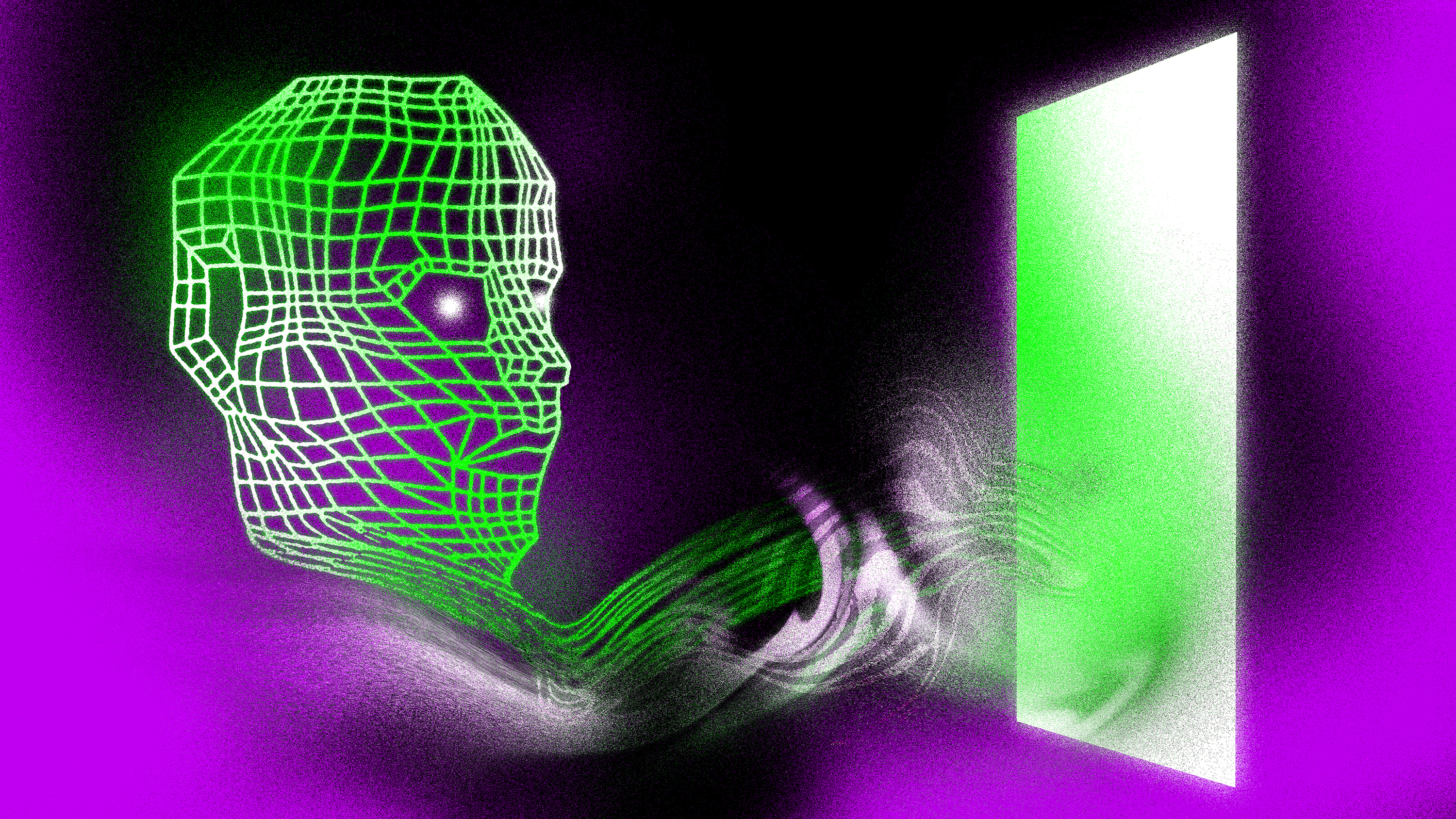Sign up for the Smarter Faster newsletter
A weekly newsletter featuring the biggest ideas from the smartest people
Back at the beginning of the century, Luis von Ahn helped invent CAPTCHA, the online security device featuring squiggly letters that you have to re-type in order to prove you’re human. In 2007, von Ahn invented reCAPTCHA, a new form of CAPTCHA that serves a second purpose: the digitization of old books.
In this video clip, von Ahn describes how reCAPTCHA works while discussing the power of human computation, a term he helped coin that describes the harnessing of both human and computer abilities in order to accomplish difficult tasks.
Luis von Ahn: So human computation, the idea, is that there are problems that computers cannot yet solve. It's funny because some of these problems are very simple problems seemingly. For example, a computer cannot tell you what's inside an image. They can tell you somethings but it can't really quite tell you there's a cat next to a dog and they're both running. A computer can't do that. Well humans, we can do it super easily. And there are many things that computers cannot do that humans can. Conversely, there are also things that computers can do that humans can't do. I mean computers can multiply humongous numbers, humans may be able to do it but very slowly and we're error-prone. And so the idea with human computation is to combine both humans and computers together in a very large scale to solve problems that neither can solve alone.
My project that has been used by most people is a project called reCAPTCHA, where the Idea with reCAPTCHA is that we take a problem that neither humans nor computers can solve by themselves, which is fully digitizing books. The idea there is we would like to digitize books. And the way this process works is you start with a book and then you scan it. The next step in the process is that the computer needs to be able to decipher all of the words in this picture. It's a picture of words. The computer needs to be able to decipher all of those words. The problem is that sometimes the computer cannot decipher these words because for older books the ink has faded a little or the pages have turned yellow so the computer cannot decipher all of the words. But, humans can. So what we're doing with reCAPTCHA, If you've ever seen these distorted letters that you have to type all over the Internet, for example, when you buy tickets on Ticketmaster or whenever you get a Facebook account or something you have to type these distorted characters. That thing is called a CAPTCHA and I was one of the people who helped invent it. And the reason it's there, there's a primary purpose, which is to make sure that you're a human and not a computer. And it's because humans can read these squiggly characters but computers can't. This is a security mechanism and it has been there for a while, but at some point I realized its second use, which is helping to digitize books. The idea is that some of these words, nowadays some of these words are words that are actually coming from books that the computer could not recognize in this process and we're using what people enter to help us digitize the books. So that's the idea.
And so this is a project where it's about 1.1 billion people in the world have helped us digitize at least one word out of a book using this. So here we're taking a very large number of humans to do precisely the step that computers cannot do in the book digitization process. This is a company that was bought by Google, by now Google is digitizing the equivalent of about 2 million books a year with basically humans typing every now and then some of the words through CAPTCHAs all over the Internet. So that's the idea of human computation.
Directed/Produced by Jonathan Fowler, Elizabeth Rodd, and Dillon Fitton





